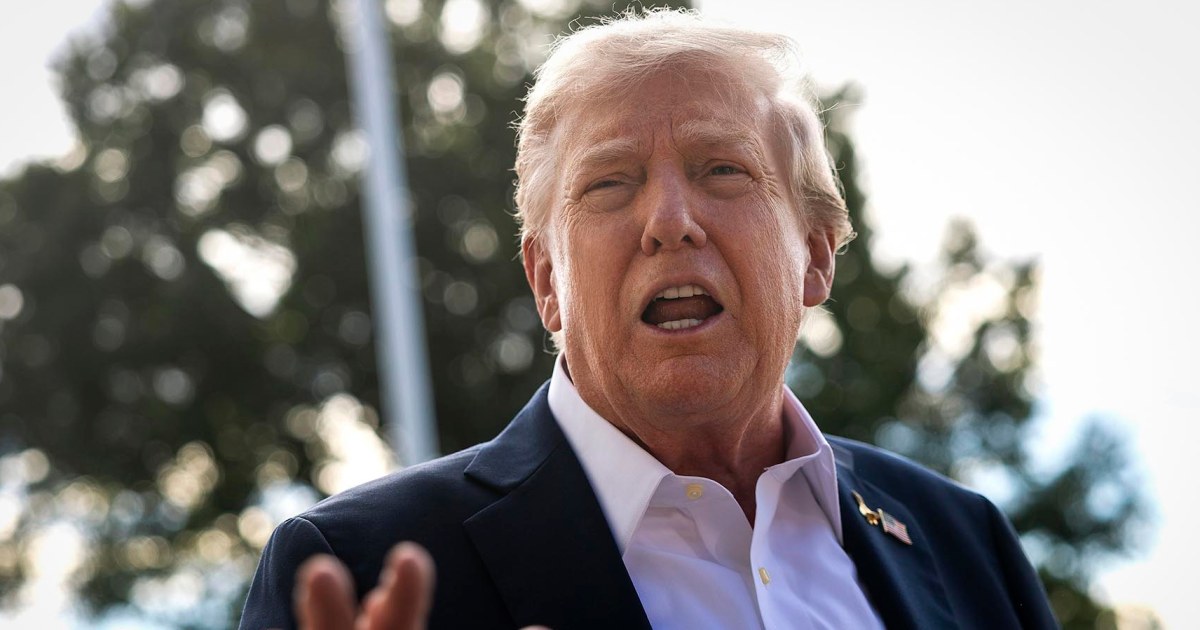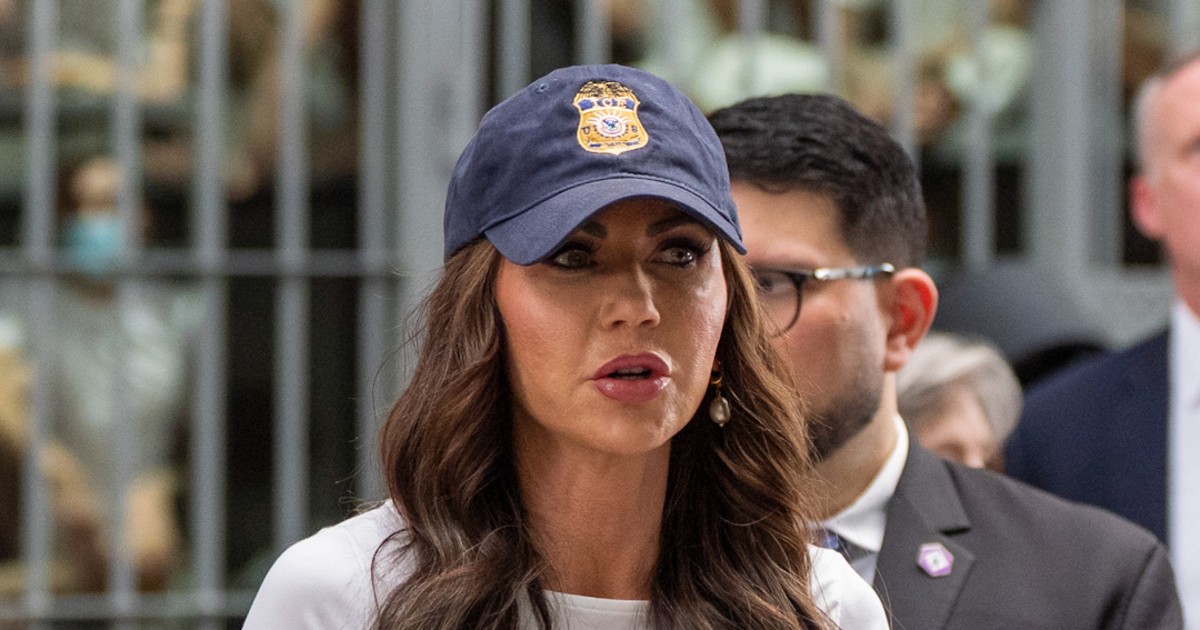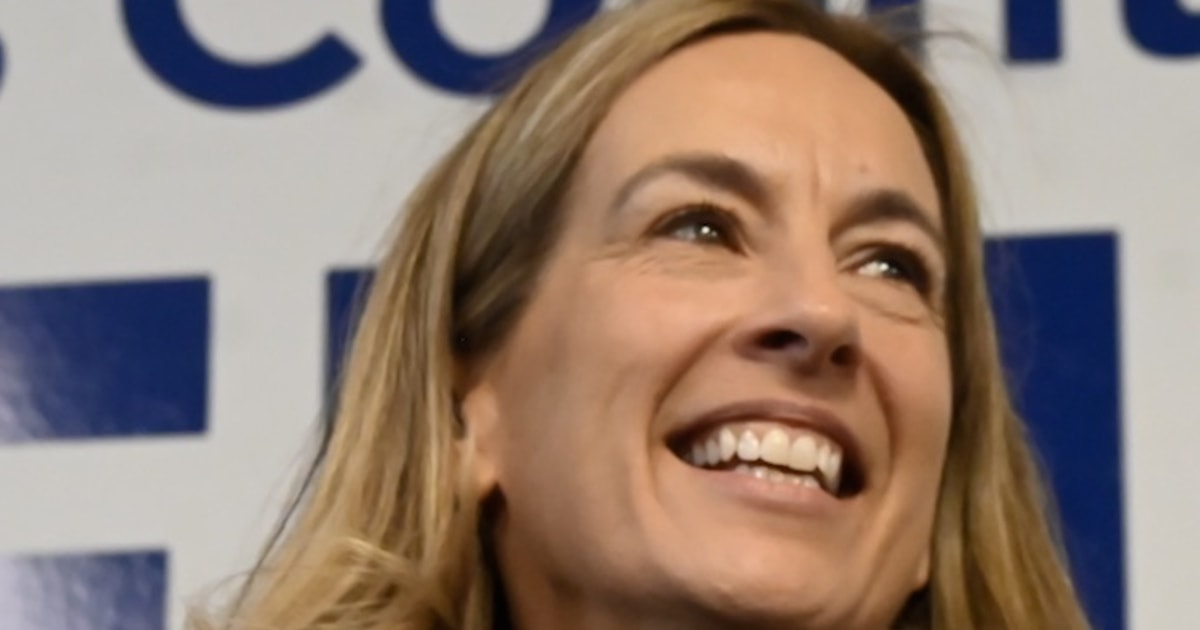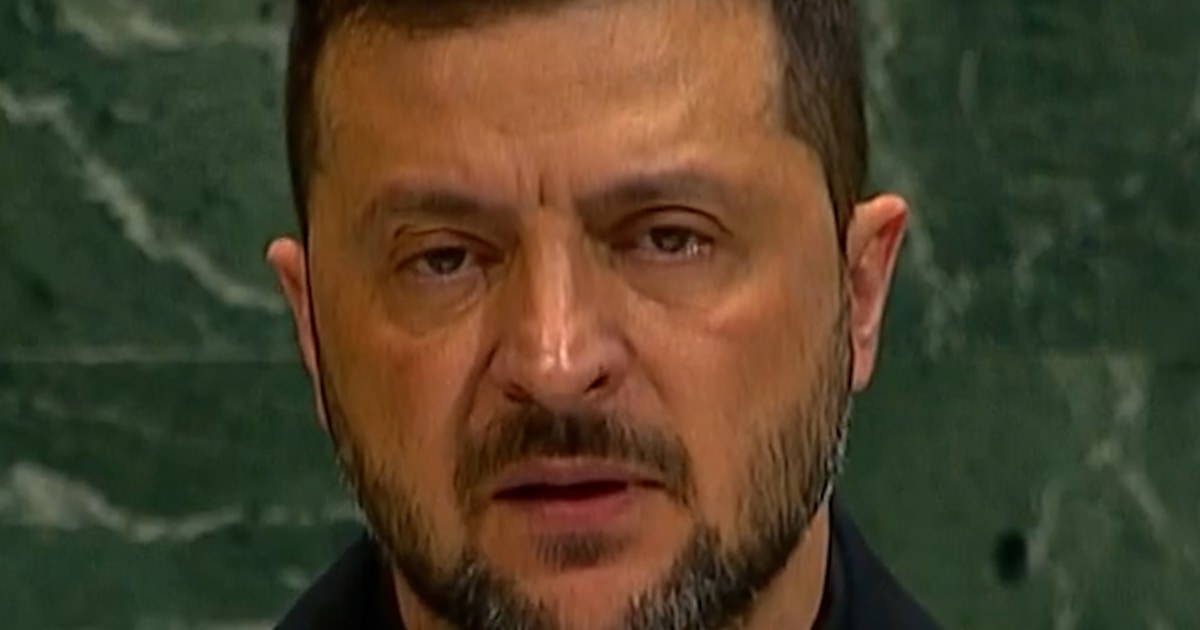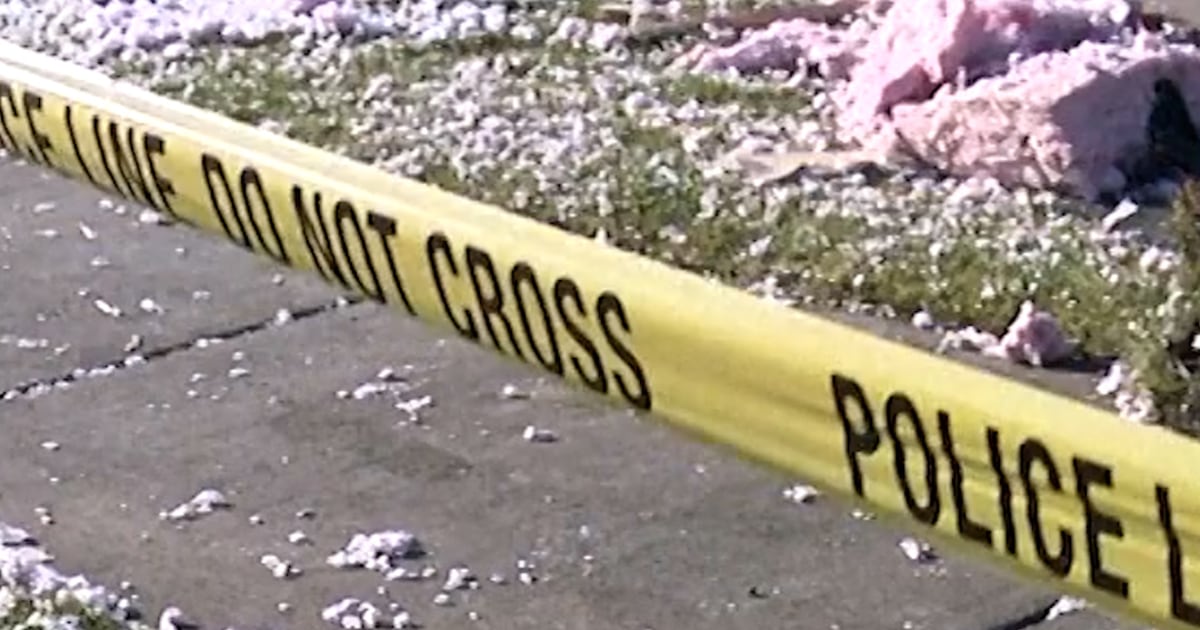President Donald Trump on Friday gave a string of unproven medical advice about Tylenol and childhood vaccines, some of which directly contradicted guidance from his administration’s own health agencies under the leadership of Robert F. Kennedy Jr
Source link
Sept. 26, 2025, 2:33 PM EDTBy Aria BendixPresident Donald Trump on Friday gave a string of unproven medical advice about Tylenol and childhood vaccines, some of which directly contradicted guidance from his administration’s own health agencies under the leadership of Robert F. Kennedy Jr.The comments, posted to Trump’s Truth Social platform, echoed his previous remarks at a Monday press briefing where he announced that the Food and Drug Administration was warning doctors not to prescribe acetaminophen — the active ingredient in Tylenol — to pregnant women, claiming it may be tied to autism in children. The bulk of scientific research has not identified such a link.Trump again said Friday on Truth Social that pregnant women should not use Tylenol “unless absolutely necessary,” adding that young children should not take Tylenol “for virtually any reason.” The FDA warning applies to pregnant women, not children, and says Tylenol can be given during pregnancy in cases of high fever, when the fever may pose a health risk to the fetus. Trump’s comments also are inconsistent with those of Vice President JD Vance, who during an interview with NewsNation on Wednesday advised pregnant women to “follow your doctor” when it comes to taking acetaminophen.Trump does not have a medical or scientific background. The responsibility for setting vaccine or drug use recommendations falls to federal health agencies, not the White House.The president’s position on vaccines has wavered over the years. At times, he has encouraged their use and touted his first administration’s developing Covid vaccines at the beginning of the pandemic. However, his decision to appoint Kennedy, a longtime anti-vaccine activist, as health secretary and his recent spreading of vaccine misinformation have raised alarms in the scientific community. At the White House event on acetaminophen last week, Trump seemed to offer his most emphatic support to date of Kennedy’s agenda, which has included commissioning a probe into the causes of autism. Trump embarked on a tangent about how children receive too many vaccines, echoing a common talking point among vaccine skeptics.“They pump so much stuff into those beautiful little babies,” he said. “It’s a disgrace.”The Department of Health and Human Services deferred comment to the White House. A White House official said Trump was amplifying the latest HHS guidance urging people to exercise caution before taking pharmaceuticals.Trump also wrote Friday that kids should get hepatitis B shots at age 12 or older, which goes against guidance from the Centers for Disease Control and Prevention. The agency says the first dose of the three-dose series should be given within 24 hours of birth because hepatitis B can be transmitted from mother to child during delivery. The CDC’s vaccine advisory panel had been considering delaying the shot until at least one month after birth — not until age 12 — but tabled the vote last week. Children can be infected at any age through contact with the bodily fluids of a person with hepatitis B. The incurable infection can lead to liver disease, cancer and death. Doctor, medical reporter fact-check Trump announcement on acetaminophen and autism14:31Trump also said Friday that the measles, mumps and rubella (MMR) vaccine should be broken up into three shots and not “mixed” — even though the shots have been combined since 1971 and aren’t made individually. And he recommended taking the “chicken p” vaccine — presumably a reference to the chickenpox vaccine — separately. Pediatricians commonly administer the chickenpox vaccine and MMR vaccine separately, though a combination shot is available to reduce the number of shots babies receive and increase the chances that kids will get all of their vaccinations. The CDC advisory committee voted last week not to recommend that combination vaccine for small children due to an increased risk of febrile seizures (seizures prompted by fevers that tend to resolve quickly). Doctors have known about the risk for years, and many public health experts viewed the committee’s decision last week as taking choice away from parents. The vote did not change the CDC’s recommended vaccine schedule: Kids should get vaccinated for measles, mumps and rubella twice — once at 12 to 15 months and again at 4 to 6 years, per the agency. Chickenpox vaccines can be given at the same doctor’s visit. Combination MMR and chickenpox vaccines can still be given to older kids, since there is no evidence of an increased risk of febrile seizure in this age group. Trump advised people on Friday to “take vaccine in five separate medical visits,” though it is unclear whether he was referring to specific shots or the childhood immunization schedule. The American Academy of Pediatrics recommends seven well-child visits (when babies typically receive their shots) in the first year of life. However, not every doctor or parent follows that schedule to the letter, and the CDC offers ranges in which childhood immunizations can be administered.Aria BendixAria Bendix is the breaking health reporter for NBC News Digital.Monica Alba and Alana Satlin contributed.
